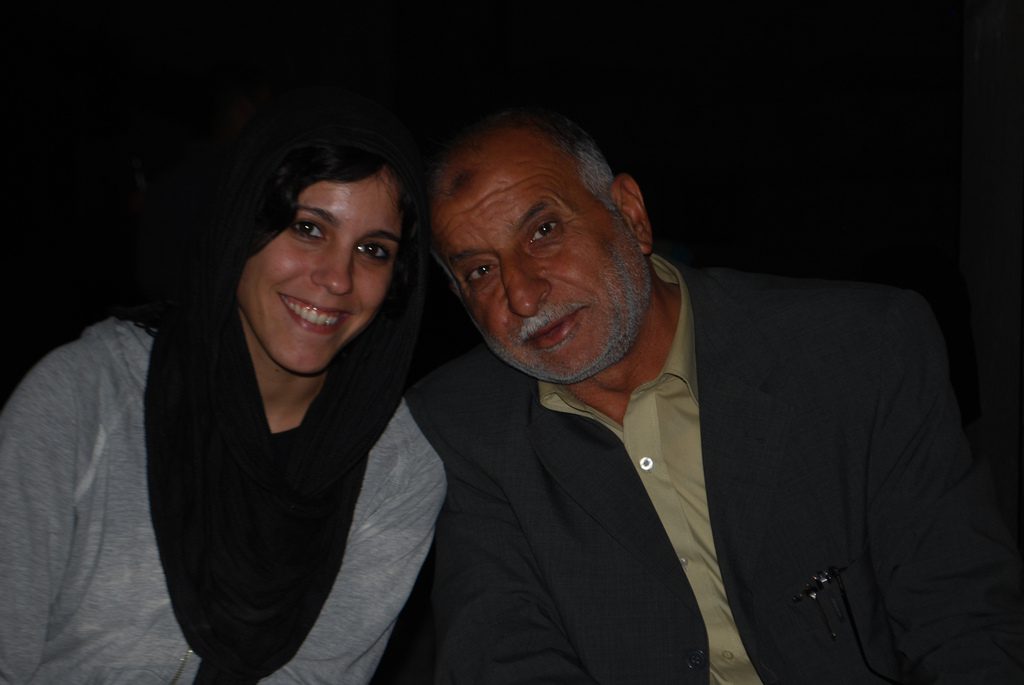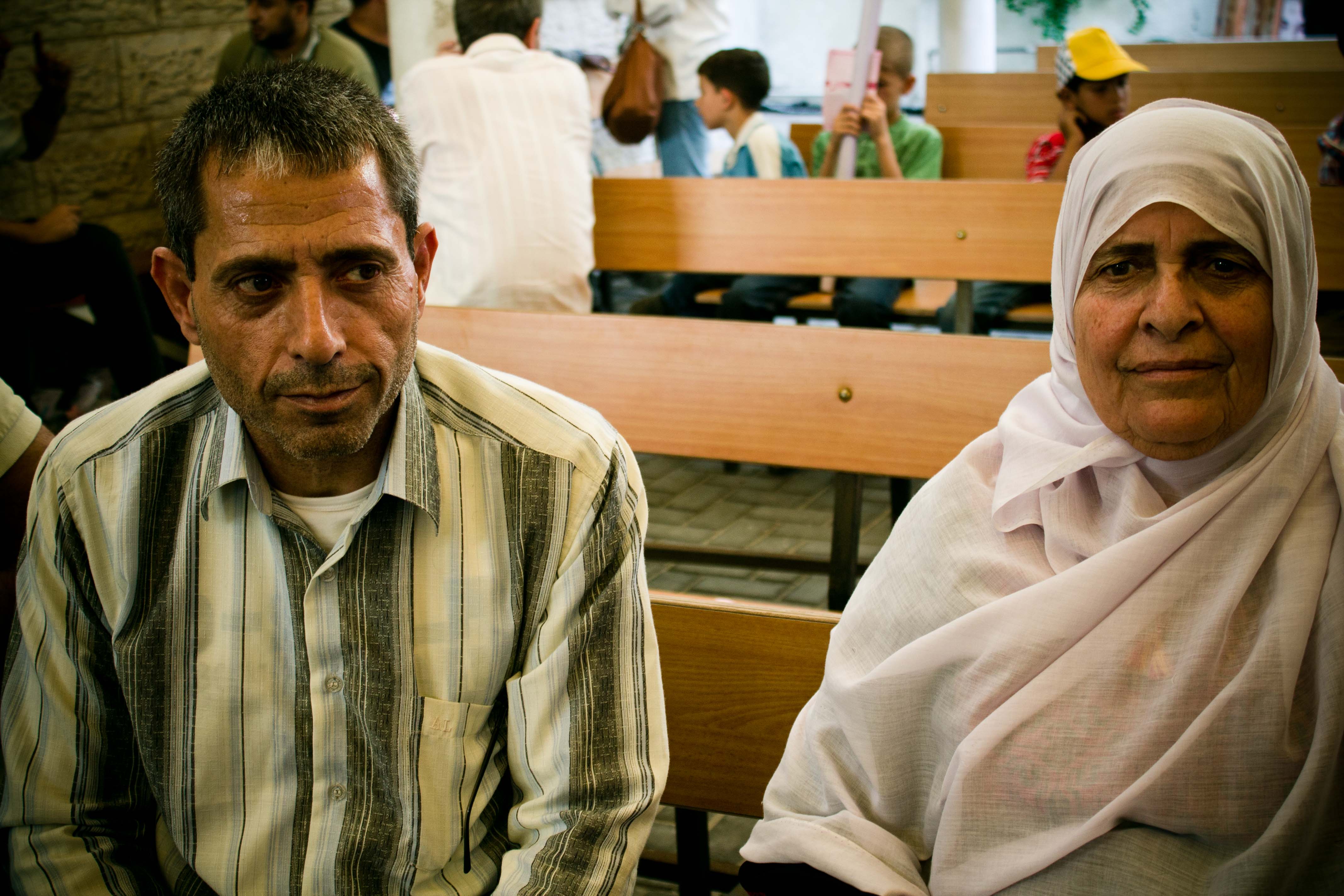Year: 2013
-
A portrait of steadfastness in the Gaza Strip’s deadly “buffer zone”
21st October 2013 | International Solidarity Movement, Charlie Andreasson | Gaza, Occupied Palestine An older man meets us when we step out of the taxi, a patriarch, his back straight, with a firm handshake and a welcoming smile. The other activists I shared a taxi with have all been there before, and we sit with no…
-
Photos: Gaza children hold march and candlelight vigil to free Ahmad Sa’adat
19th October 2013 | International Solidarity Movement, Gaza Team | Gaza, Occupied Palestine Dozens of Palestinian children marched in Gaza Friday evening before holding a candlelight vigil outside the Palestinian Legislative Council (PLC). The event was the first in a global week of action to free Ahmad Sa’adat and other Palestinian prisoners held by Israel. Sa’adat, an…
-
Photo: A freed detainee joins his mother at the Gaza protest she began 18 years ago
18th October 2013 | International Solidarity Movement, Gaza Team | Gaza, Occupied Palestine Ibrahim Baroud joined his mother, Ghalia Baroud, or Um Ibrahim, at Gaza’s weekly sit-in for Palestinian prisoners, which she co-founded, on Monday morning. Baroud, a former Palestinian detainee, was captured by Israeli forces on 9 April 1986, at the age of 23.…



